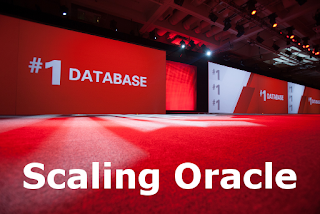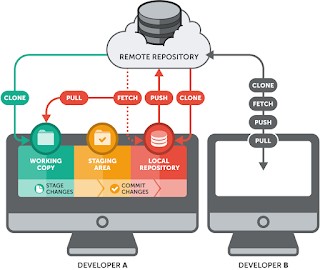Scaling Oracle using NVMe flash

Attend the free webinar by storage expert Venky Nagapudi and learn how to improve the performance of your Oracle Database using new storage technologies such as NVMe flash. Register at this link. About the Webinar Growth in users and data put an ever-increasing strain on transactional and analytics platforms. With many options available to scale platforms, what are the considerations and what are others choosing? Vexata’s VP of Product Management, Venky Nagapudi covers how the latest in storage side technologies, like NVMe flash, can deliver both vast improvements in performance as well as drive down costs and complexity of platforms. He will also cover key use cases where storage-side solutions delivered amazing results for Vexata’s customers. In this webinar, you will: Hear real-world performance scaling use cases. Review the pros & cons of common scaling options. See specific results of choosing a storage-side solution. About the Presenter Ve















